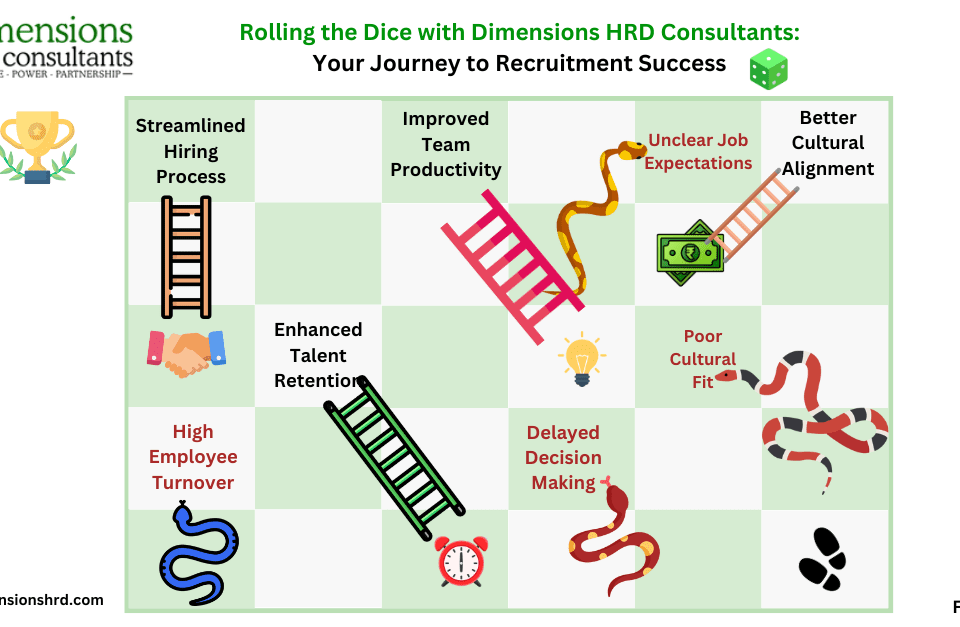
The future of work in India is being shaped by emerging technologies such as automation and AI, which are transforming job roles and driving efficiency. With changing skill requirements emphasizing critical thinking and digital literacy, soft skills like communication are becoming increasingly important. The gig economy is growing rapidly, offering flexible opportunities, while reskilling and upskilling initiatives are essential for workers to adapt to evolving demands and bridge skill gaps, requiring collaboration between industries and education for workforce readiness.
Introduction:
The future of work in India is rapidly evolving, driven by technological advancements, shifting skill requirements, and changing work arrangements. This infographic explores key predictions and trends shaping the Indian workforce.
1. Emerging Technologies:
– Automation and AI: Impacting 65% of traditional job roles.
– Robotics, Machine Learning, Data Analytics: Driving efficiency and innovation, with a projected 50% increase in adoption by 2030.
– Digital Technologies: Creating new opportunities while challenging existing job structures, with a 60% increase in digital skill requirements.
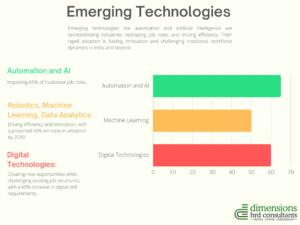
2. Changing Skill Requirements:
– Diverse Skill Set: Future jobs will demand a diverse set of skills, with 75% emphasizing critical thinking, creativity, and digital literacy.
– Soft Skills: Essential for success, with 65% of employers prioritizing communication, collaboration, and adaptability.
– Continuous Learning: Crucial for 80% of the workforce to keep pace with evolving job demands.
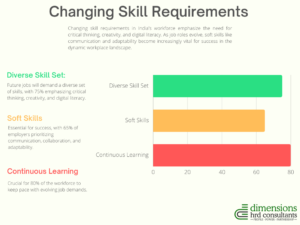
3. Gig Economy and Freelancing:
– Rapid Growth: The gig economy is experiencing a 45% increase in participation, offering flexibility and diverse income opportunities.
– Freelancing Platforms: Enabling individuals to leverage their skills across global markets, with a projected 50% increase in freelancers by 2025.
– Reshaping Labor Market: Non-traditional work arrangements are expected to comprise 45% of the workforce by 2030.
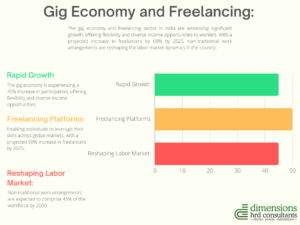
4. Reskilling and Upskilling:
– Vital Initiatives: Reskilling and upskilling are essential for 90% of workers to adapt to future employment needs.
– Lifelong Learning: Empowering individuals through online courses, vocational training, and lifelong learning programs, with a 70% increase in participation.
– Collaboration: Industry, government, and educational institutions must collaborate to address skill gaps and facilitate workforce development.
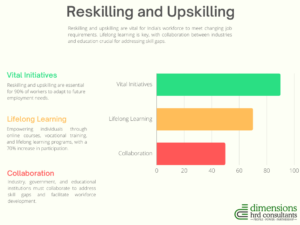
Conclusion:
As India navigates the complexities of the future of work, embracing innovation, fostering skill development, and promoting inclusive employment practices will be key to unlocking the potential of its workforce and driving sustainable economic growth.
Connect with us:
Email: [email protected]


